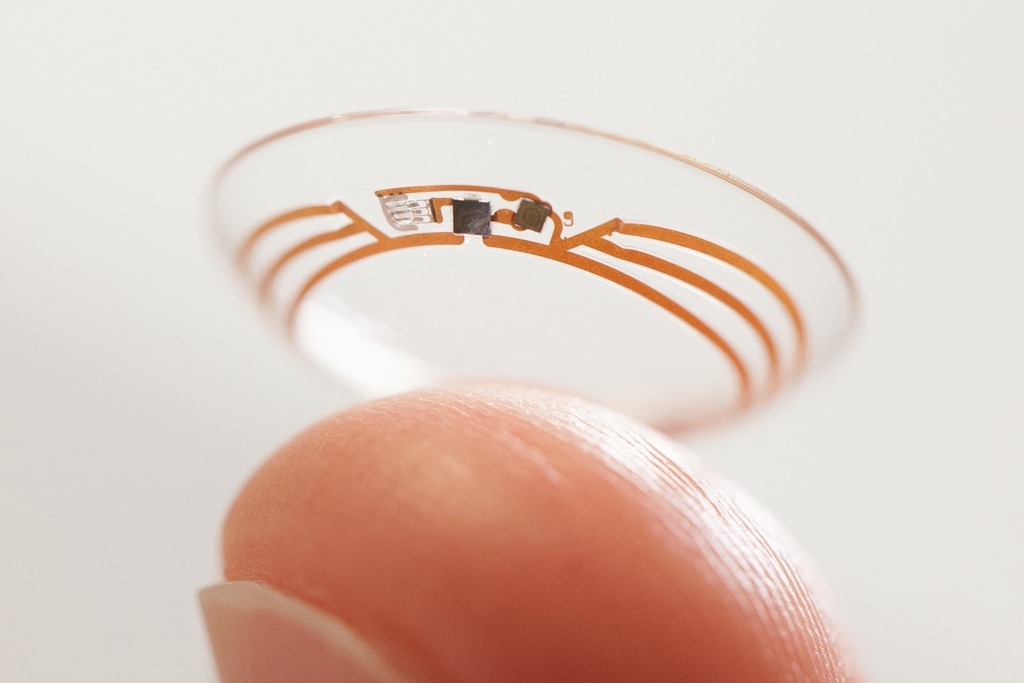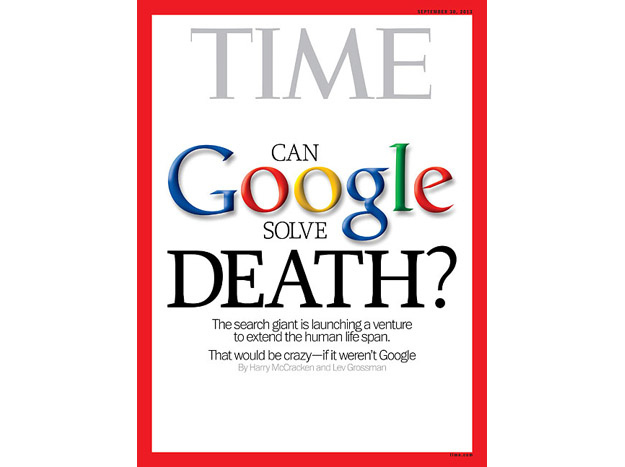
Above is a list of Google's acquisitions over the last 11 months. If it has a unifying theme, it's science fiction: Deep neural networks. Humanoid robots. Social prediction. It's a list that gives us a decent idea of Google's new trajectory, as it switches from an information organization company to a "machine-learning company." It's also a list that exposes another important truth about the company: Google is no longer concerned with being perceived as creepy.
In 2010, it most certainly did. In an interview, its then-CEO, Eric Schmidt, told an interviewer that "Google policy is to get right up to the creepy line and not cross it." The line landed with a thud; it wasn't the kind of thing you wanted to hear from the man in charge of the company that hosts your email.
But more recently, Google hasn't just crossed this line — it's vaulted it. It bought a DARPA-funded robotics company whose demo videos routinely went viral for being deeply unsettling. It just spent over $3 billion for a company that makes thermostats that sense users' presence in the room. It teased an electronics-implanted contact lens this week, burying its true use — as a tool for diabetes sufferers — under an eye-grabbing headline about a "smart contact lens" project.
Beginning with its self-driving car and Google Glass and culminating at the end of 2013, Google has pulled off a stunning PR coup, reinventing itself in the public eye as an aspirational, future-facing force for good in the world. It's the latest in a series of reinventions: There was early Google, the smart, geekily coy, idealistic search company. That became the Google of web apps, the self-proclaimed internet experts who could do anything other internet companies could do, but slightly better and for free. There was, arguably, a brief period of Device Google, when Android took over the smartphone world and promised to take over every other hardware category, too.
Finally, there was Creepy Google: The bloated, information-hoarding Big Data Google; the Google that forced you to sign up for Google+. This public identity, the least flattering so far, arrived somewhere around 2010, and it stuck. It became a problem.

Enter the utopian Moonshot Factory Google. It's the Google that wants to use your information, along with everyone else's, to teach machines how to drive cars, heat your home, and keep you alive longer. It's the Google that is uniquely positioned to not just contribute to but to own the internet of people and things. It's the Google that hired a man named Astro Teller for a job with the title, "Captain Of Moonshots."
For now, Moonshot Google is more of a rebranding effort than a reality. Schmidt's creepy, all-seeing Big Data Google, the Google of AdSense, is what delivers those quarterly earnings reports, and will for some time. Today's Google still tells its 425 million Gmail users, via a court filing, that they have no "reasonable expectation" of privacy. But the same month Google's lawyers submitted those words, Time published this cover story. Google has gotten a lot better at changing the subject.

Moonshot Google owns its creepiness without explicitly acknowledging it. It's brazen and obvious rather than sinister and surreptitious, even when, in all the most important ways, it's doing the same things.
Recent revelations about the NSA's data-mining programs, which suggest that the agency essentially uses Google as an unwitting data-collection apparatus, could easily have turned Google from a company that risks being creepy into a company that seems downright sinister. But by publicly imagining a wide array of its future forms — a smart car company, a home automation company, an energy company, a robotics company, a wearable computing company — and making those future forms feel present, Google has found a way to recast itself as neither the problem or a victim of the problem, but as the solution. It's a subtle mutation of an old motto: Don't seem evil.
